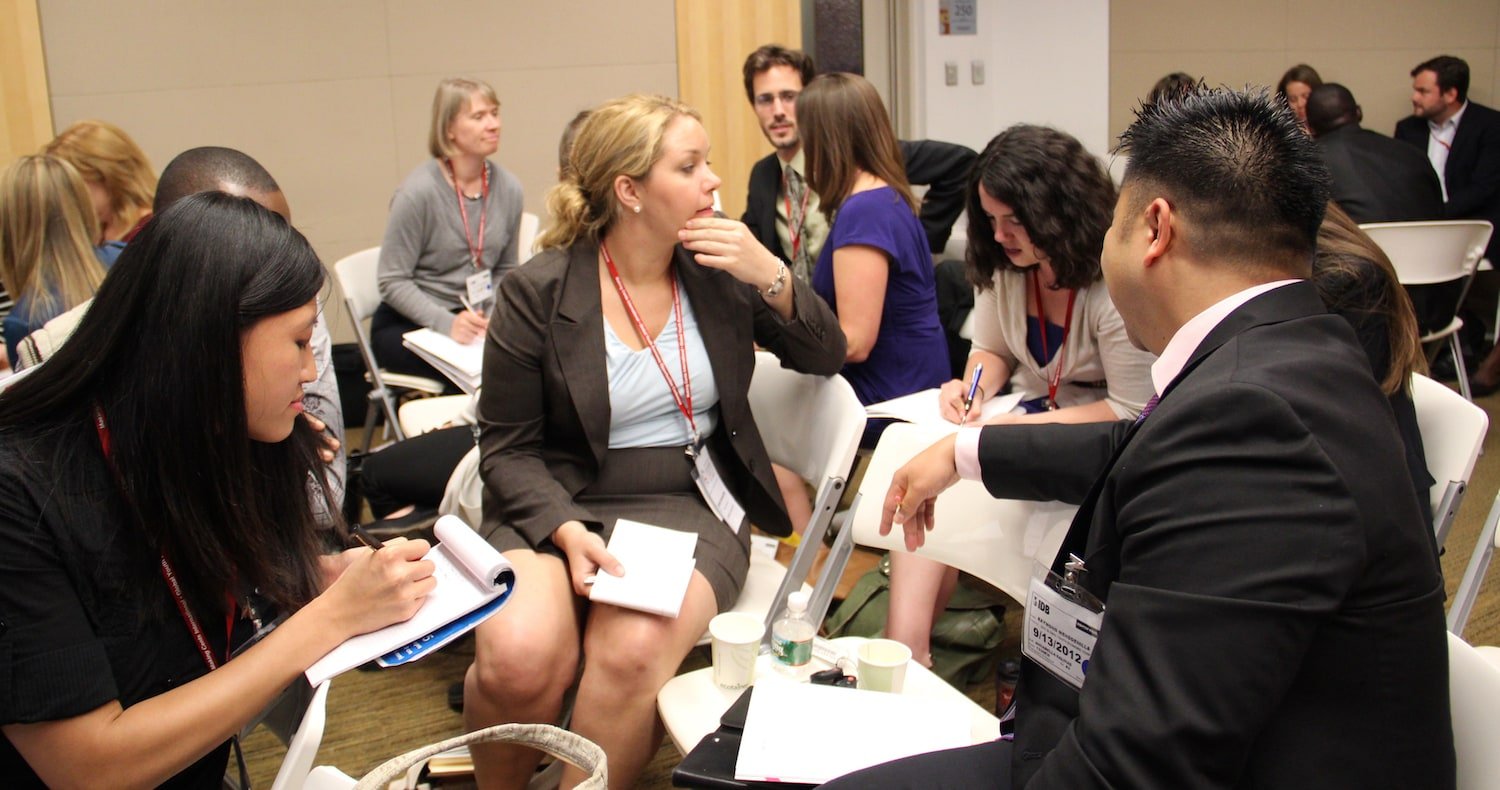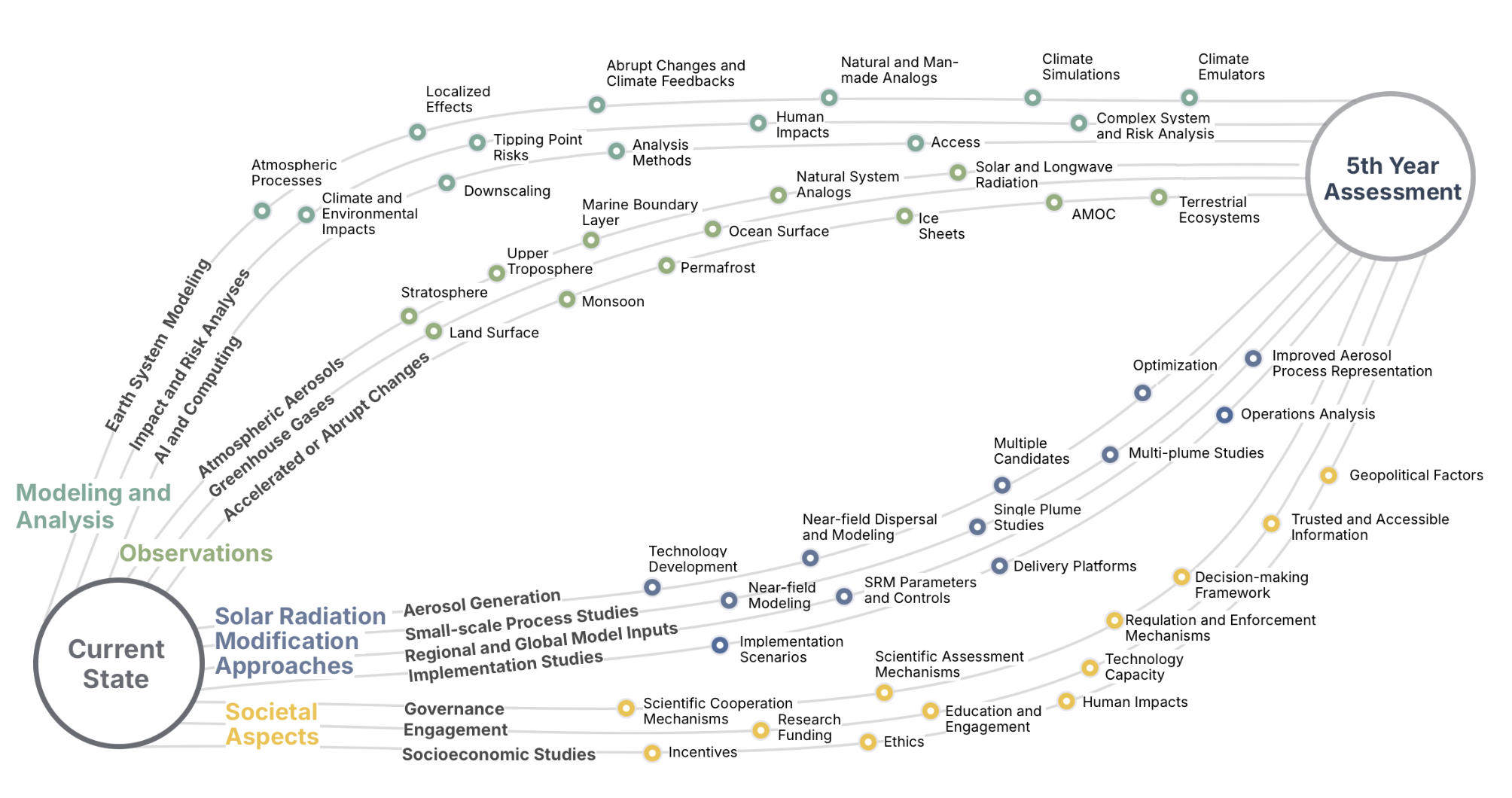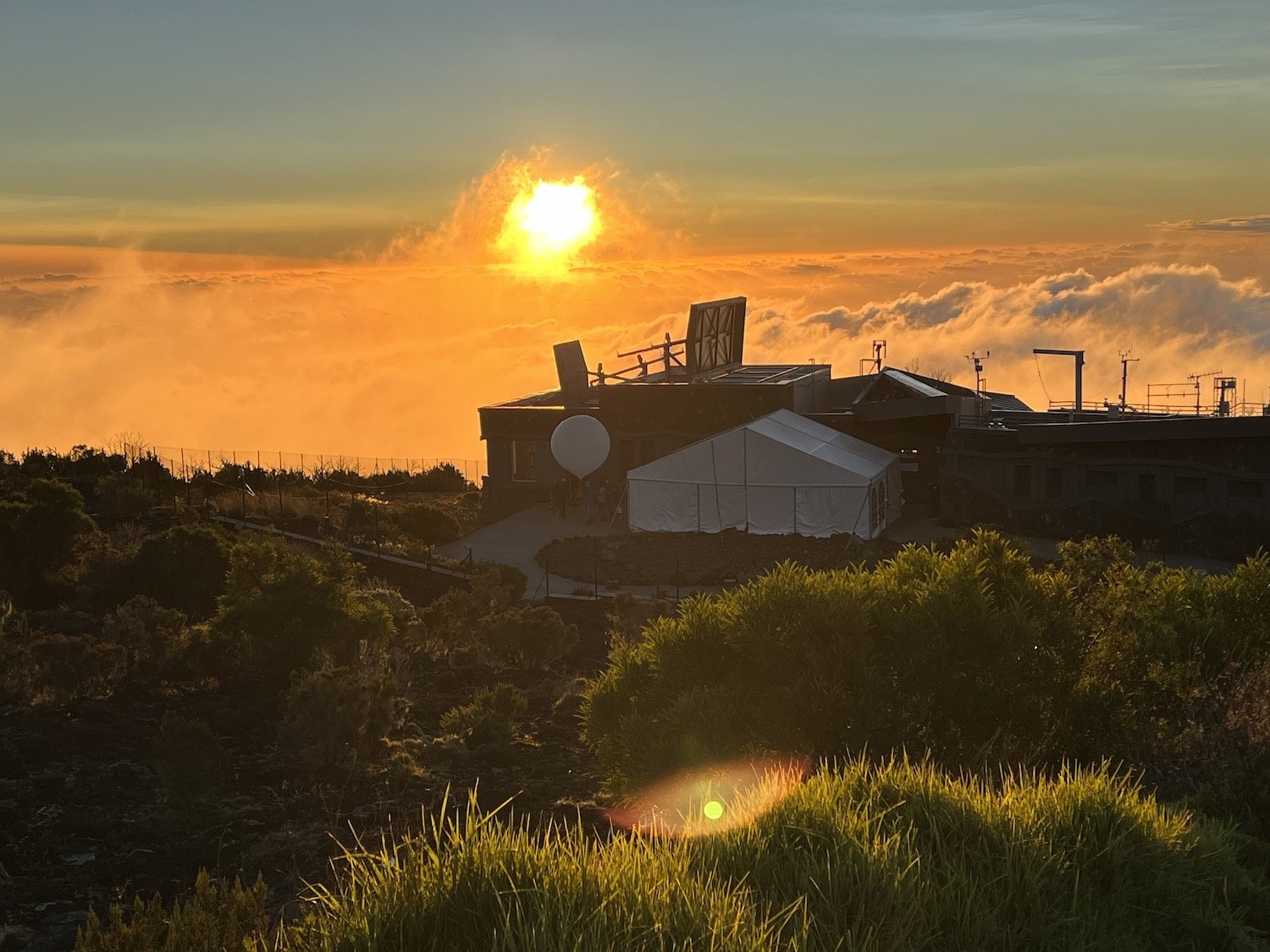Youth Voices are Critical to the Climate Dialogue
Many people make appeals for climate action based on the welfare of their "future grandchildren." While powerful, the allusion to distant generations can be misleading—climate change is already shaping the lives of today's young people.
When discussing climate change, policymakers and CEOs often benchmark goals for 2050. But 2050 may be an optimistic timeline; scientists project a potential tipping point for catastrophic and irreversible warming as soon as 2030. The worst climate impacts could fall not simply on a distant set of grandchildren, but also on my generation.
Current decision-makers are at least a generation removed from feeling the most severe effects of climate change. Yet, young people have been largely excluded from the topic's dialogue thus far. This has to change. Specifically, we need youth voices in the discussion on near-term responses to climate change because "near-term" means our twenties, thirties, and forties. And beyond discussions, we need youth represented in decision-making. We have the right to take ownership of our futures.
Moreover, many youth climate activists focus their work on reducing carbon emissions. I fully support this purpose, and applaud their efforts; I too have been an active part of emissions reduction movements since I was in high school. However, the reality is that achieving net-zero carbon emissions won't solve the problem. Net-zero will only mean we've stopped making the problem worse. In truth, we will still have to deal with increasing warming for some time to come, and the devastating consequences of that. We therefore need to consider some shorter-term avenues—but we don't know yet how these could take effect. In order to know, we have to invest in researching them.
I'm humbled to be working as a research fellow with SilverLining to advocate for research into near-term climate options and work with young people committed to the climate cause. Recently, SilverLining launched a Youth Initiative to amplify young voices in the climate intervention research and policymaking arenas. With this, we're building an international coalition of young climate leaders interested in the dialogue on near-term climate risks and the promises, risks, and challenges of potential climate interventions. Our focus is global and will highlight the work and experiences of young leaders from areas hit hardest by climate impacts. To help us, we're working with partners like the YOUNGO TechMech Working Group, part of the youth constituency of the UN's Framework Convention on Climate Change. Needless to say, so far I have been incredibly inspired by my peers from around the world and encouraged by the far-reaching nature of our efforts.
When it comes to climate intervention research itself, the paper led by SRMGI's Dr. Romaric C. Odoulami is the kind of science where we need young people's input. Dr. Odoulami and his team investigated potential responses to a "Day Zero" water crisis in Cape Town, South Africa, finding that solar climate intervention could lower the risk of future Day Zero level droughts in Cape Town by 90%. While this is an early study, it indicates that short-term climate responses could protect some vulnerable communities from the dangerous impacts of warming. In addition, it highlights that climate intervention research, undertaken by local experts, might provide a pathway to more equitable decision-making and climate justice. It is therefore crucial that young people, especially those from places like Cape Town that are more susceptible to severe climate impacts, have the chance to choose how to move forward with such information.
In any case, what we do know is evident. Youth need to be at the forefront of policy and research on climate change and short-term response options, and I encourage my peers to lobby their government and elected officials for greater climate research as much as they do for emissions mitigation. Alongside our lived experiences as young people growing up in a warming world, we must equip ourselves with scientific knowledge to determine the best ways to take action—and ultimately, help ensure the maximum safety of our futures.
We'd be proud if you decided to join us by subscribing to SilverLining's Youth newsletter.




